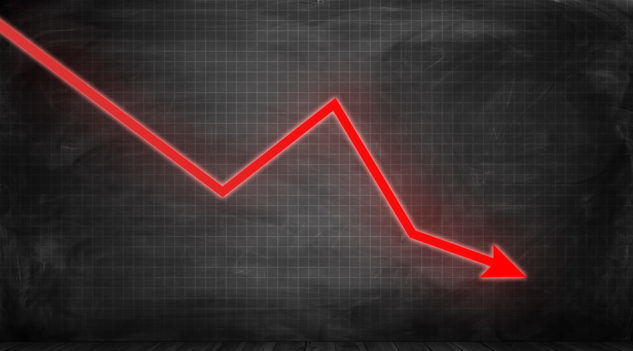The latest Xero Small Business Index fell three points in November to 116 points due to slow growth in three key metrics. While sales grew 7.7 per cent year-on-year (y/y), it was down from 13.1 per cent y/y in October. Jobs growth also slowed to 2.5 per cent y/y and while wages grew 4.1 per cent y/y, it was down from 4.2 per cent y/y in October.
On the flipside, there was a small improvement in the time to be paid measure, which was 23.3 days in November compared to 23.5 days in October.
“The November data has revealed consecutive months of slowdown across sales, jobs and wages,” Will Buckley, Country Manager at Xero Australia, said. “While these figures may be unsettling for small-business owners, it’s important to note that the indicators are still demonstrating a growing economy, but at a slower pace, which is in line with the Reserve Bank forecast as it works to control inflation and avoid recession. The reduction in wage growth will be a small but welcome relief for small business owners, as they continue to balance a tight labour market with rising costs.”
While overall jobs growth slowed to 2.5 per cent y/y in November, arts and recreation saw the largest increase in jobs (+6.5 per cent y/y). Agriculture (-1.1 per cent y/y) was the only industry that had a fall in jobs.
“As summer festivals and events kick off around the nation, it’s promising to see the arts and recreation sector continue to rebound – leading the charge in jobs for the fifth consecutive month,” Buckley said.
Nominal sales rose 7.7 per cent y/y in November, the third consecutive month of slower sales growth, although small businesses are still selling more goods and services than they were a year ago.
“Retail trade sales declined for the first time since April 2020, which suggests increased cost of living pressures, including interest rate rises, have started to impact household spending despite the major sales events in November such as Black Friday and Cyber Monday,” Louise Southall, Xero Economist, said. “However, on a global scale, Australia is the only country tracked by the Index that has been able to maintain positive sales volume growth so far during 2022.”
Across the industries, sales growth was led by arts and recreation (+15.3 per cent y/y), while finance and insurance (-7.5 per cent y/y) recorded the highest decline in sales.
November also saw a wage rise of 4.1 per cent y/y, continuing a slowing trend following September’s record increase of 4.7 per cent y/y. Hospitality (+5.2 per cent y/y) and construction (4.8 per cent y/y) recorded the largest increases in wage growth, with healthcare recording the lowest (+3.3 per cent).
“It’s promising to see a slowdown in wages this month, which could suggest Australia is avoiding the price-wage spiral the RBA is seeking to avert by increasing interest rates,” Southall said.















